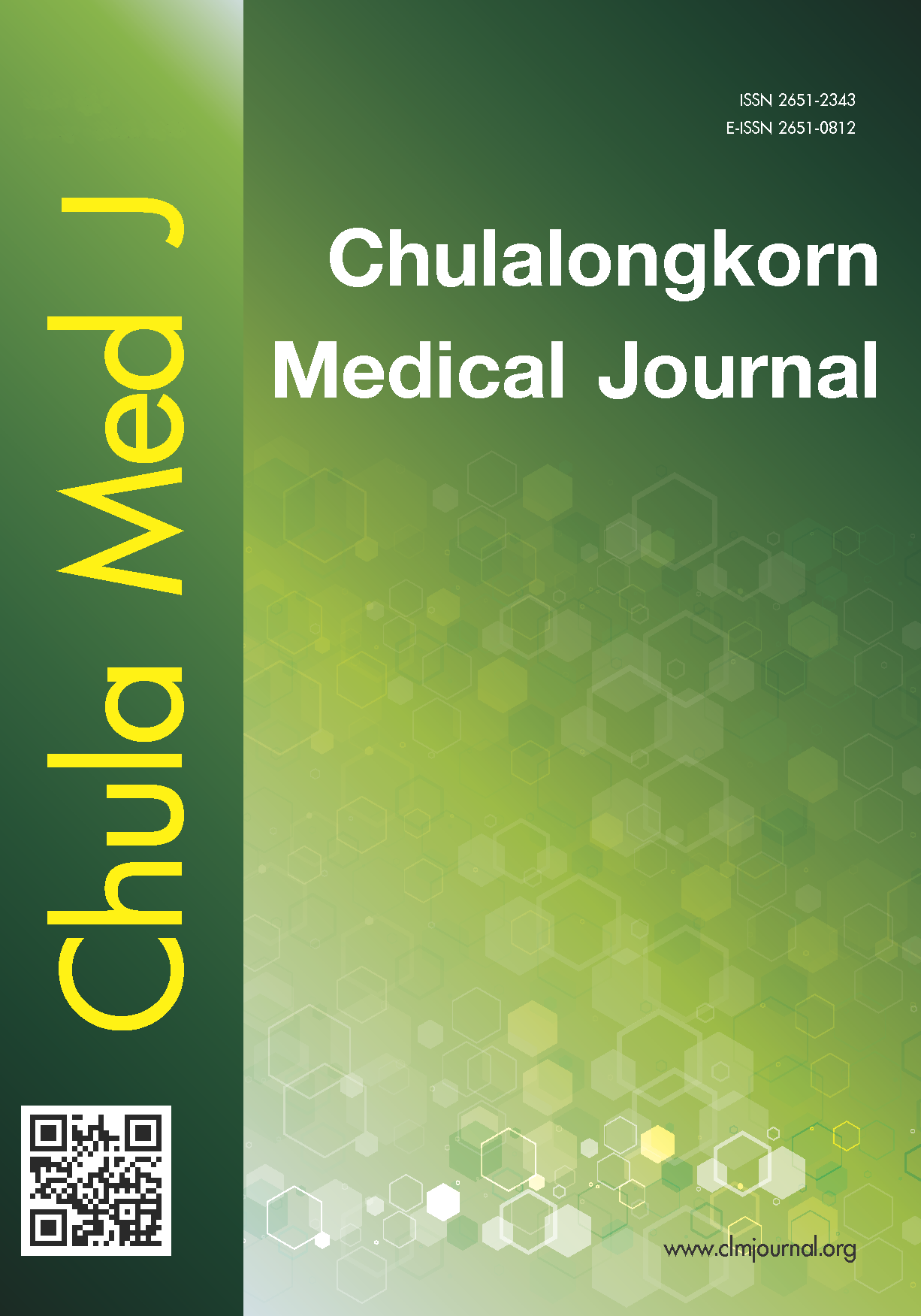In vitro biocompatibility of novel titanium-based amorphous alloy thin film in human osteoblast-like cells
Main Article Content
Abstract
Background: Toxic free Ti-based amorphous alloy has the potential to be used in biomedical fields due to its
excellent biocompatibility and osseointegration.
Objectives: The purpose of this study was to develop a series of Ti44Zr10Pd10Cu6+ Co23-
Ta7 (
= 0, 4, 8)
and examine their biocompatibility, biological properties, and toxicity in osteoblast-like cells.
Methods: Having developed the alloy ingots by induction melting, we used the cast rod as a plasma cathode in a filtered cathodic vacuum arc deposition chamber to coat a 25-nm thin film of amorphous alloy on cover glass slides. These coated cover glass slides were then examined for biocompatibility. The biocompatibility tests in SaOS2 osteoblast-like cells were performed using a methylthiazol tetrazolium assay and alizarin red staining. The medical grade Ti-6Al-4V alloys was studied in parallel as a control material.
Results: There was no statistically significant difference in number of living cells between all novel alloys
compared with Ti-6Al-4V thin film. Alizarin red staining showed that all novel alloy thin film had significantly
higher percentage area of calcification in comparison with Ti-6Al-4V thin film control ( < 0.05). In term of calcification size, the Ti44Zr10Pd10Cu10Co19Ta7 and Ti44Zr10Pd10Cu14Co15Ta7 showed significantly greater calcification than control (
< 0.05) while Ti44Zr10Pd10Cu6Co23Ta7 also demonstrated larger calcification in comparison with control but no statistical significance (
= 0.27).
Conclusion: The results indicated that all investigated Ti-based alloys were found to be non-cytotoxic and
support differentiation of osteoblast-like cells.
